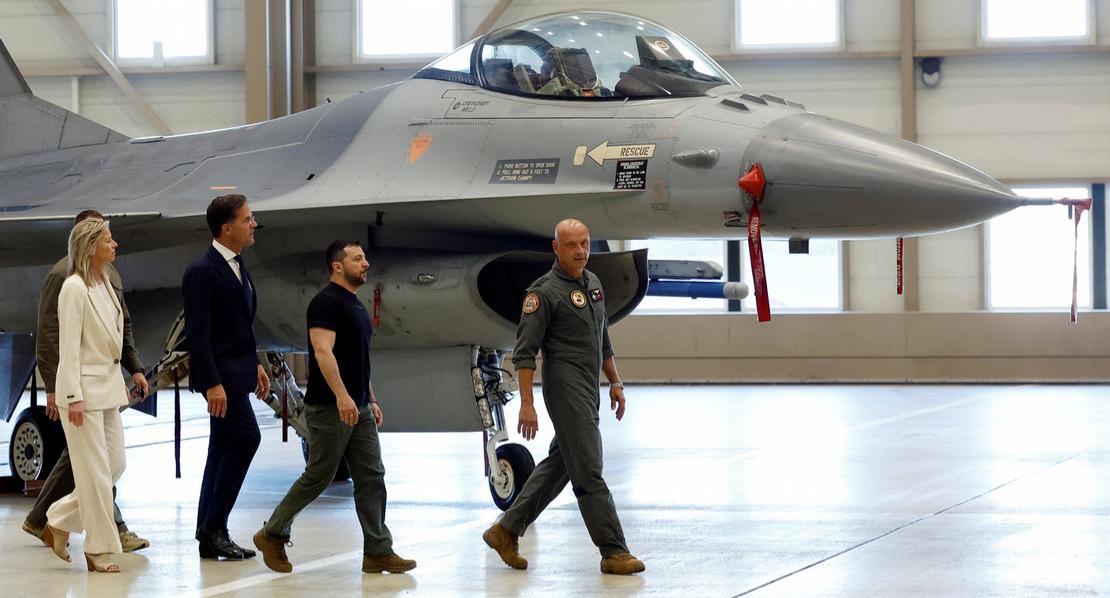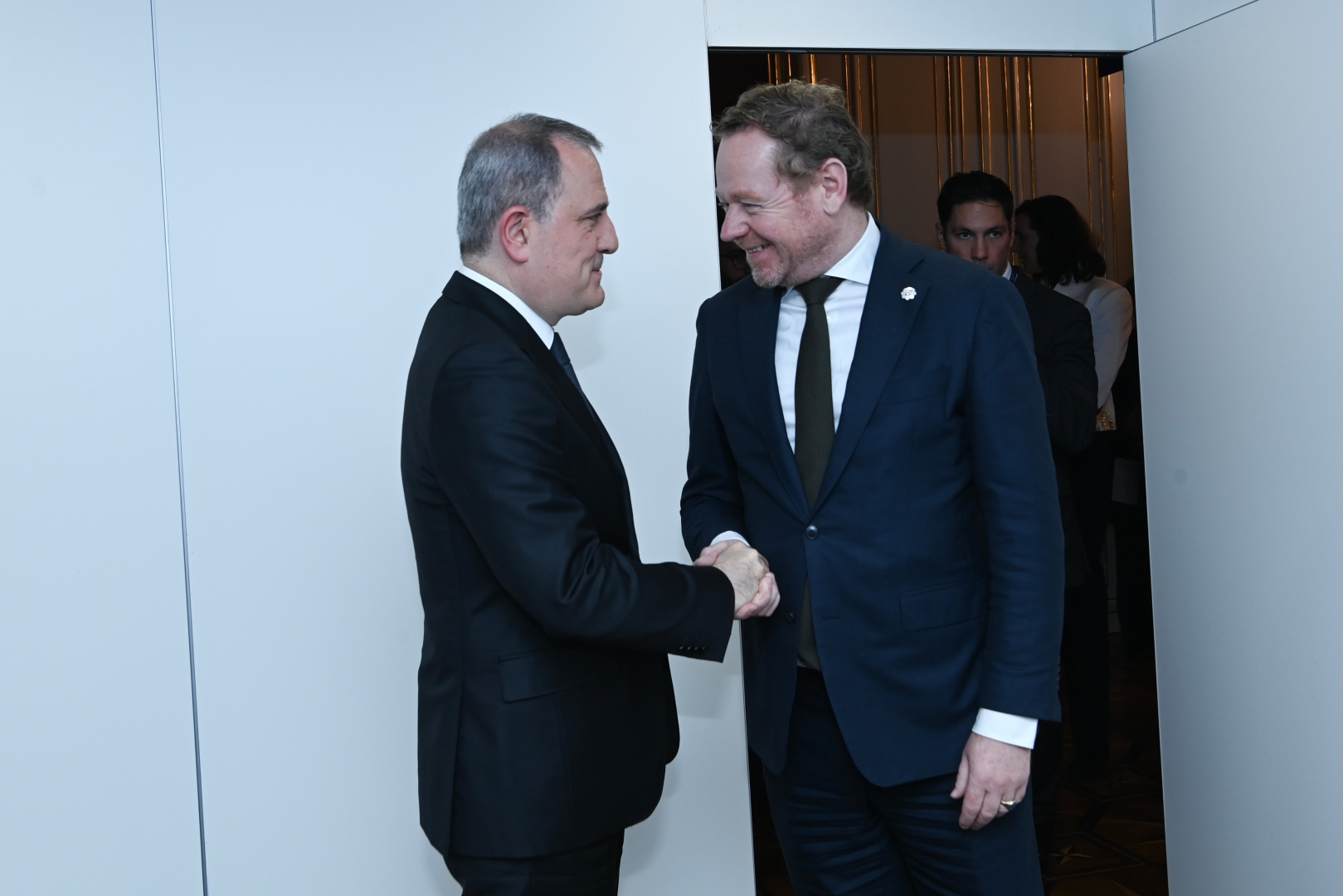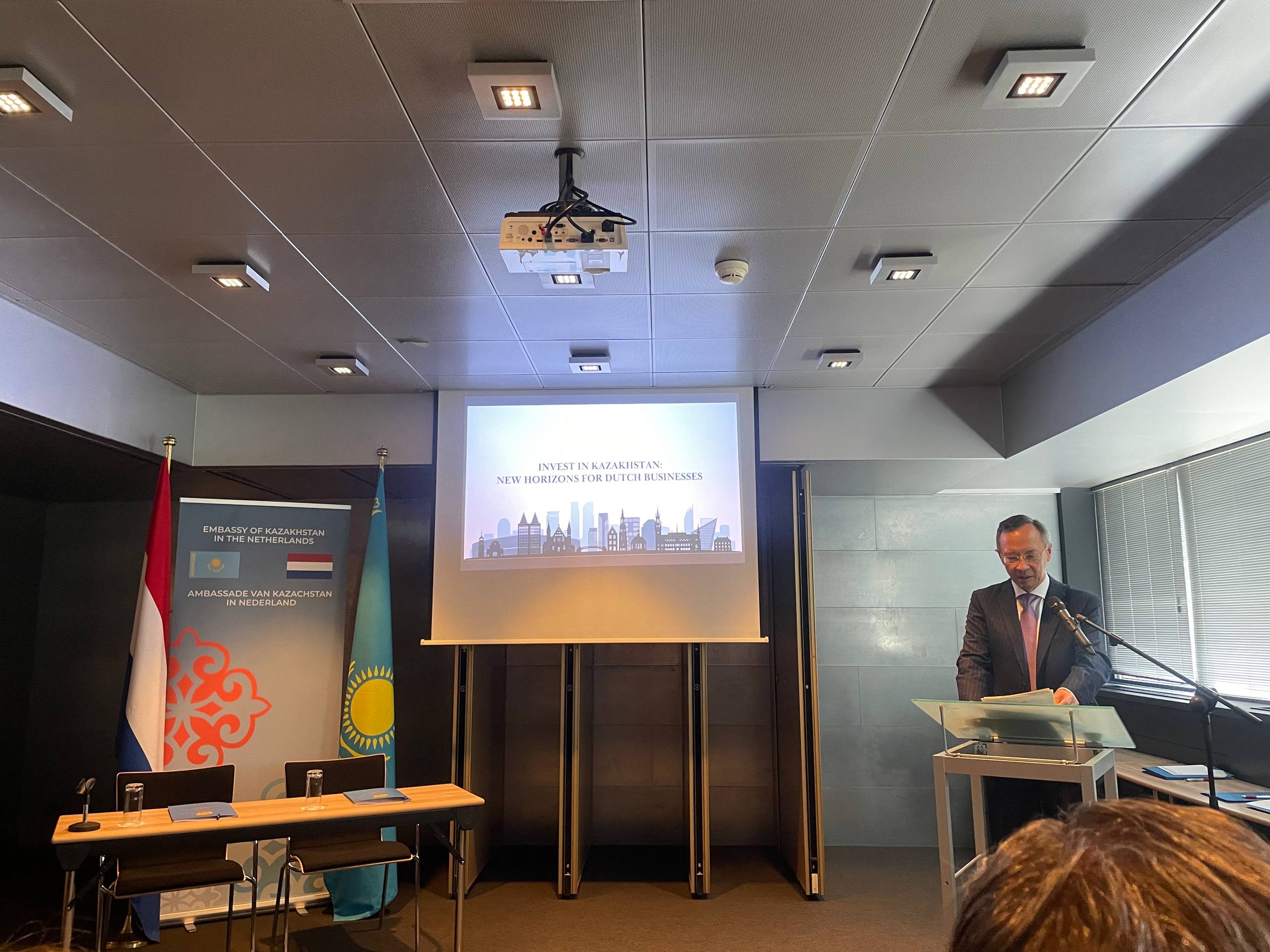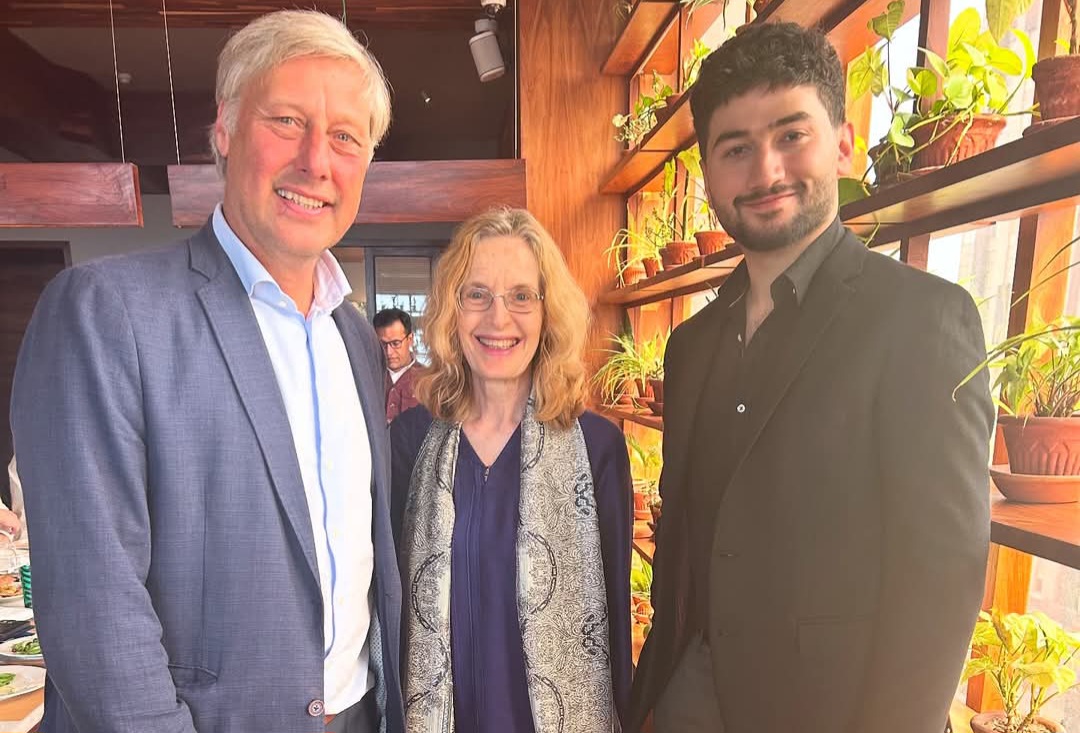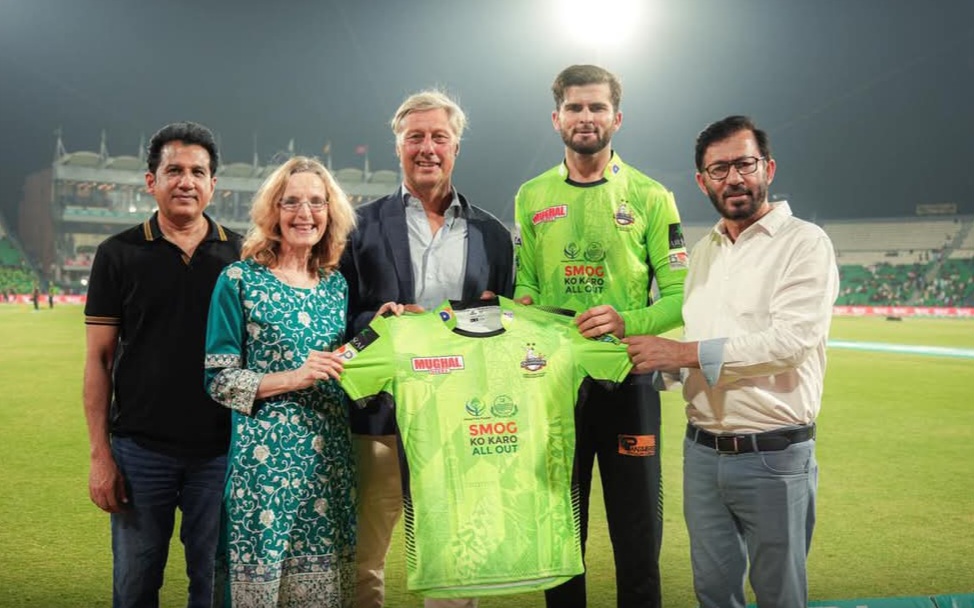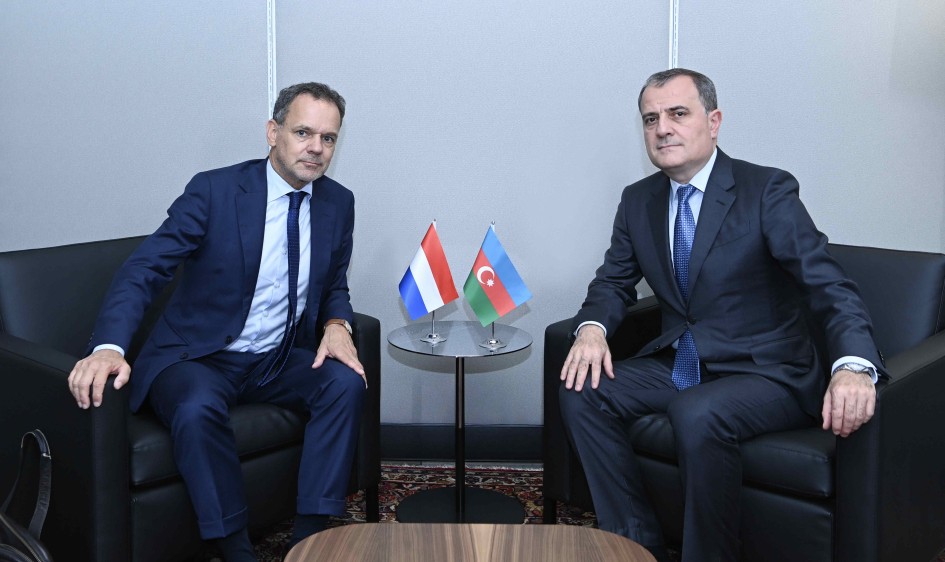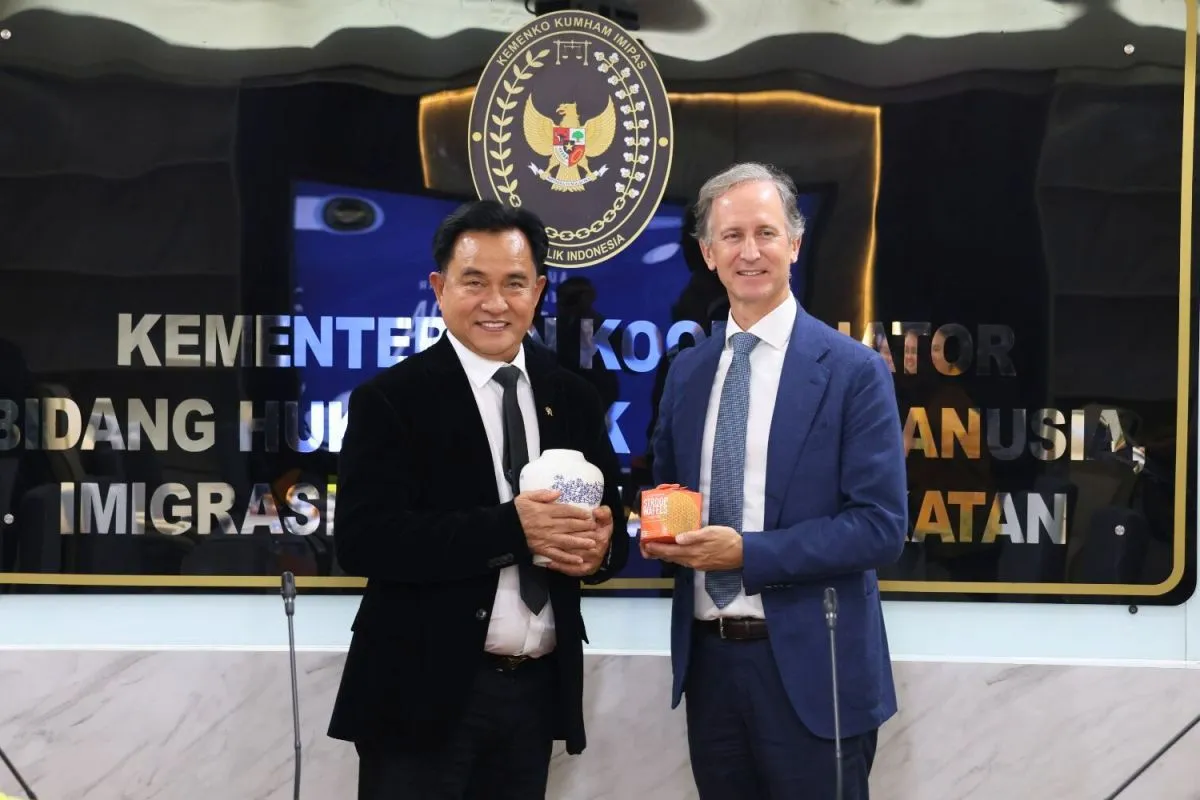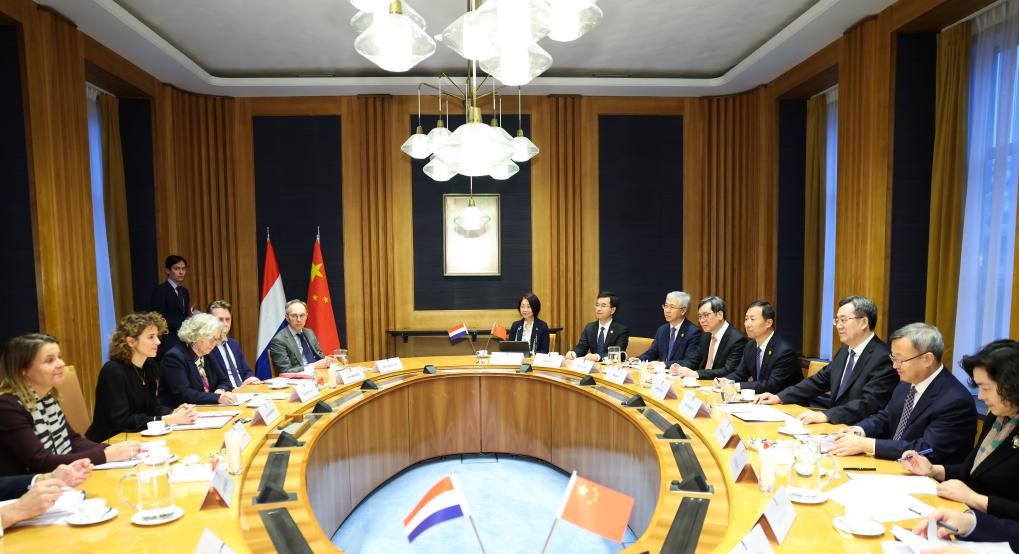The Hague, June 26, 2024, The Europe Today: After 13 years at the helm as the Netherlands’ prime minister, Mark Rutte has announced his resignation and intention to retire from politics. Rutte, who has been the longest-serving prime minister in Dutch history, stated that he is stepping down amid political turbulence within his liberal-conservative People’s Party for Freedom and Democracy (VVD) and the collapse of his fragile four-party coalition government over his perceived leniency towards asylum-seekers.
The political vacuum led to snap elections, which were won by far-right populist Geert Wilders. Rutte’s inability to prevent this rightward shift marked a significant setback in his political career. Despite announcing his retirement, Rutte remained in office in a caretaker role for nearly a year as Wilders’ government formation talks prolonged.
By October 2023, Rutte, 57, appeared to have reconsidered his political retirement, signaling interest in succeeding NATO Secretary-General Jens Stoltenberg, whose term ends in October. Rutte’s campaign for the NATO position involved leveraging his extensive international experience and support for Ukraine, securing backing from the US and other NATO members.
Winning the support of Hungary’s right-wing nationalist Prime Minister Viktor Orban required Rutte to promise that Hungary would not have to participate in NATO activities supporting Ukraine outside of NATO territory. Orban, maintaining friendly ties with Russia, also opposed arms deliveries to Ukraine.
Rutte’s liberal politics often clashed with Orban’s illiberal views within the European Union, notably over Hungary’s anti-LGBTQ+ law in 2021, which led Rutte to suggest that Orban should consider leaving the bloc if he disagreed with its policies.
Known for his humor and approachable nature, Rutte often cycled to his office from his modest home and occasionally displayed his musical talent by playing the piano at The Hague Central Station. However, as NATO secretary-general, he will likely need to adopt a more serious and diplomatic approach to balance the interests of NATO’s 32 members, ensuring the alliance speaks with a united voice. His predecessor, Jens Stoltenberg, was known for his stoic and balanced communication, a model Rutte might follow to achieve success in his new role.
